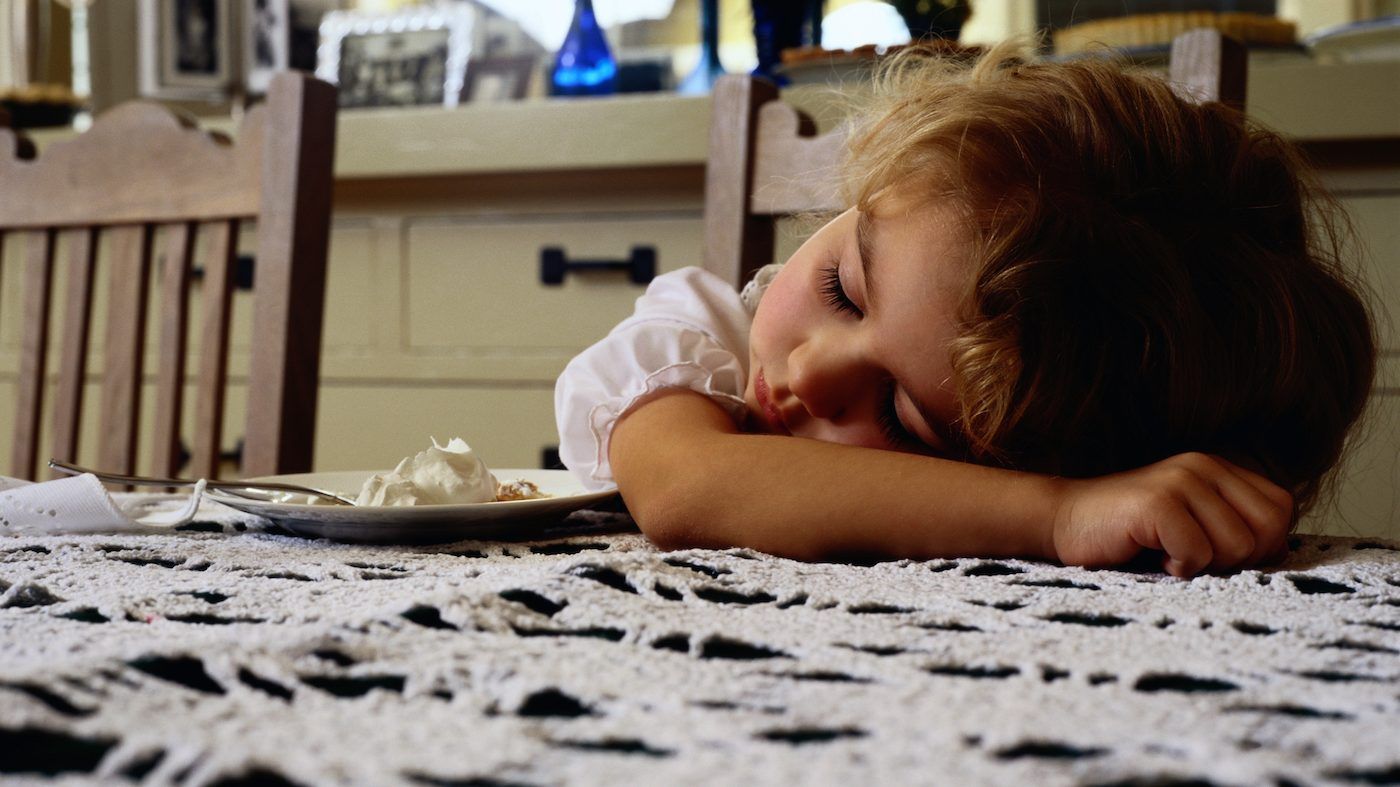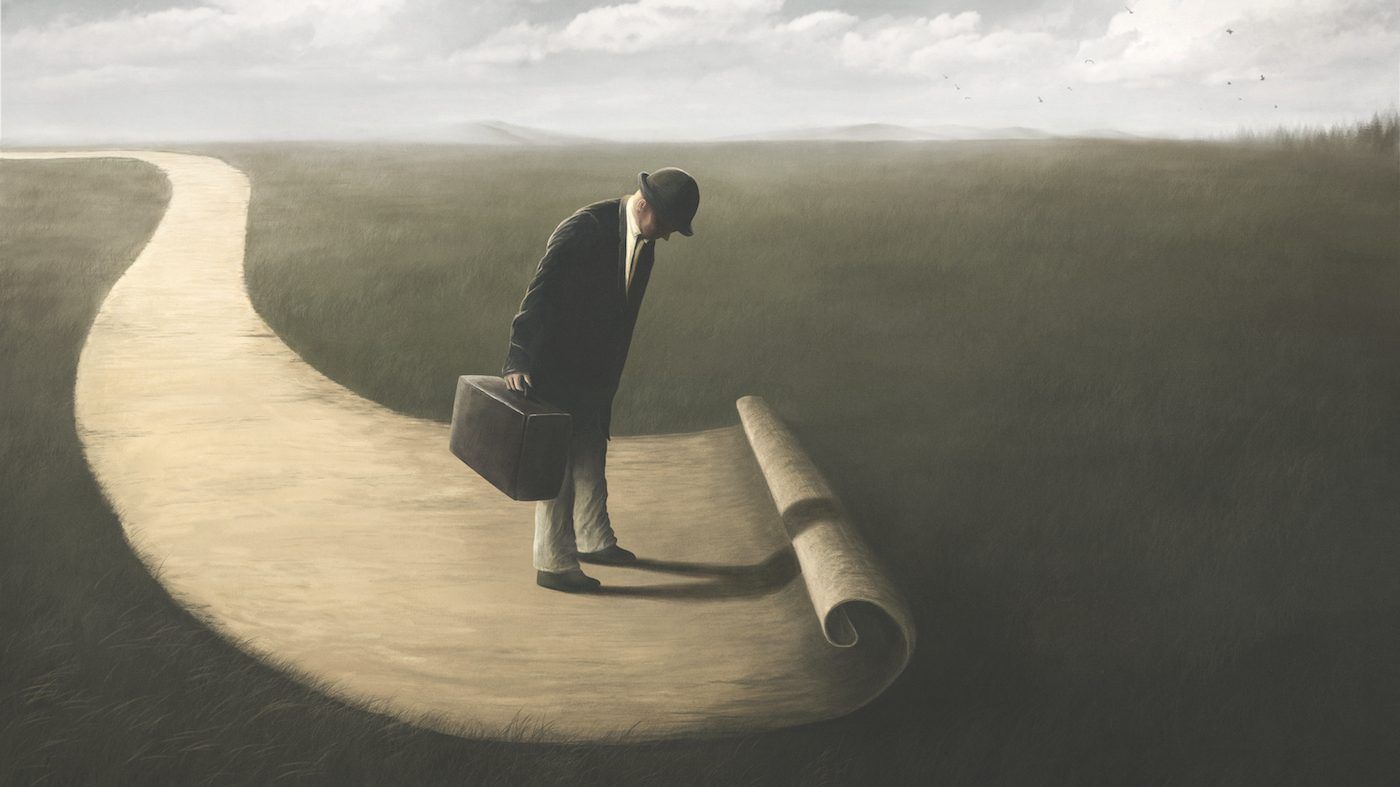does tryptophan in turkey make us sleepy?
tryptophan is also found in other meats, so why do we only blame turkey for the urge to take a nap?
can you wish away the sweaty feeling of middle-age dread?
whether you're a man or woman, getting older can be sad and scary and anxiety-provoking, especially since it is a time of so much flux, with kids leaving, jobs wrapping up, finances declining, and physical ability slowing.
machado: what if living in the moment isn't that good for you after all?
human psychology is evolutionarily hardwired to live in the past and the future, say the experts, so why are we so focused on the here and now?
 7 minute read
7 minute read









